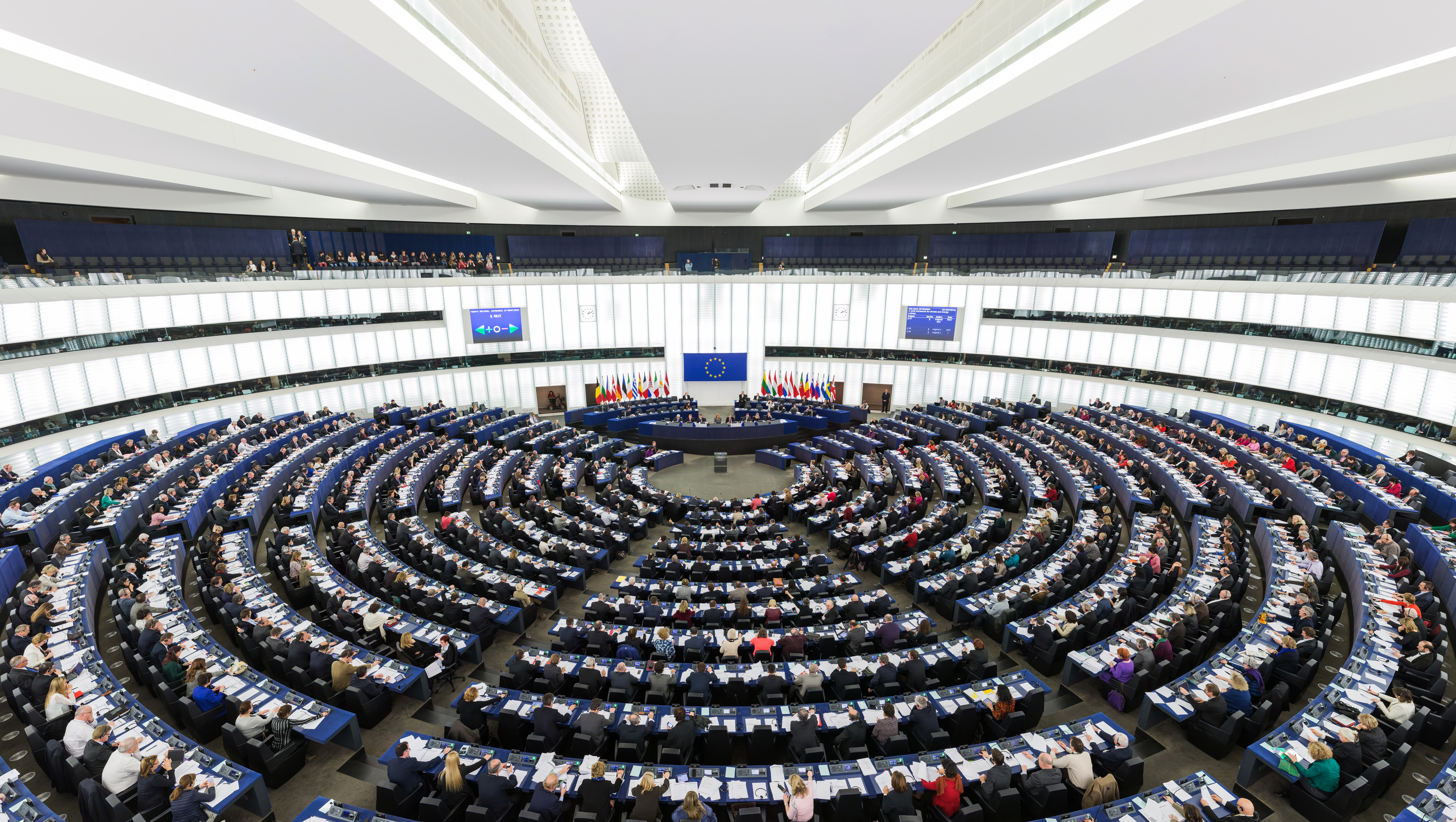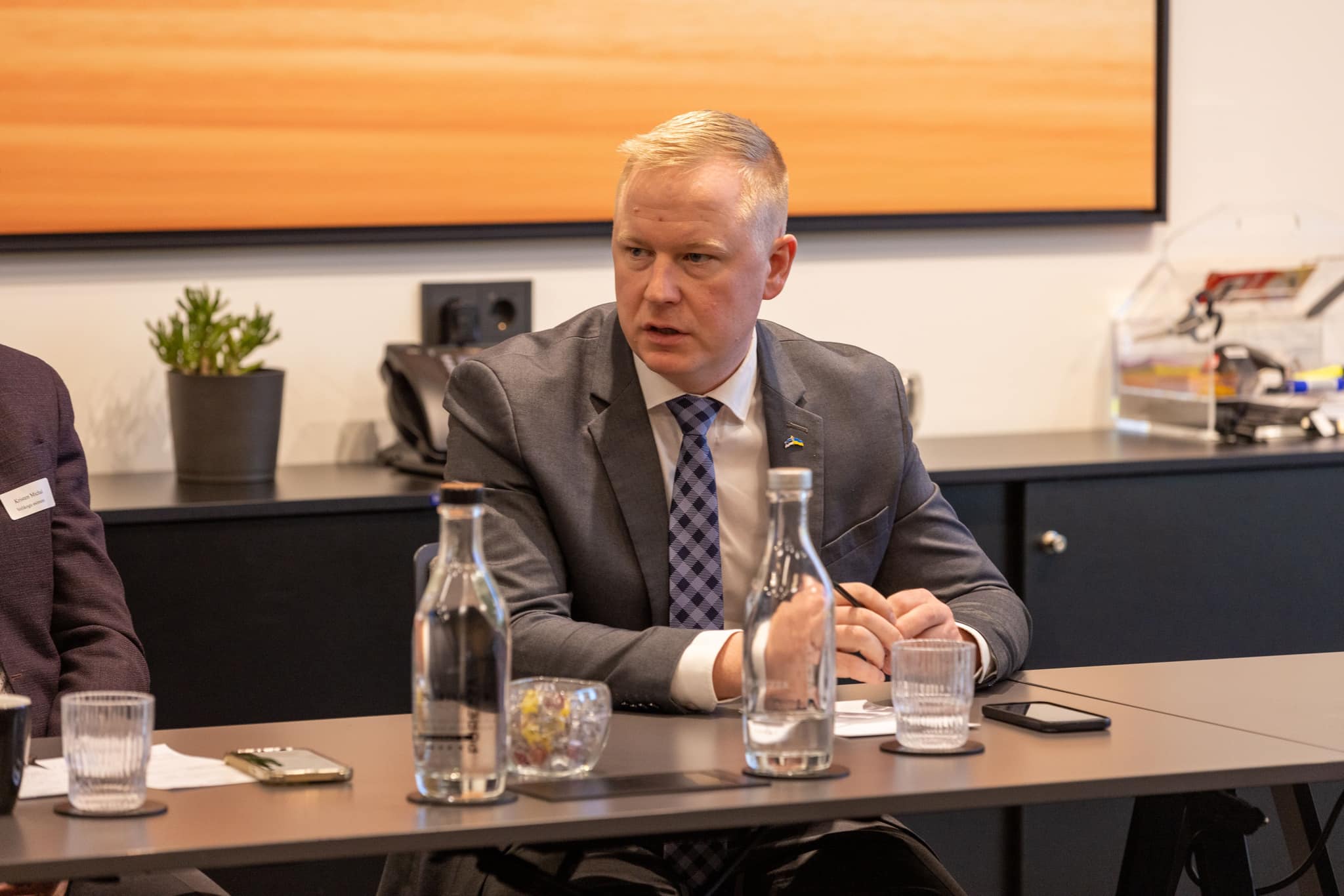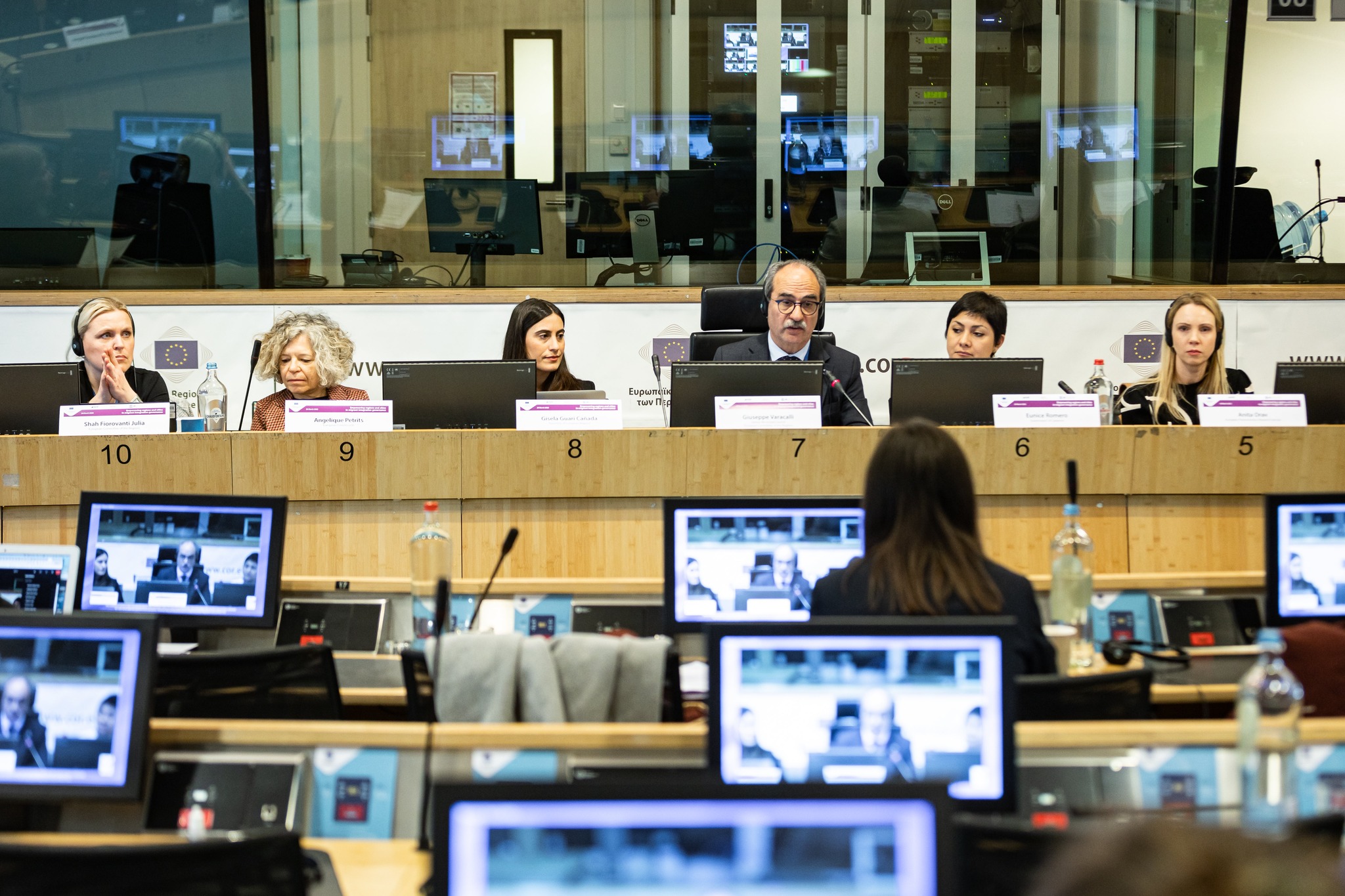Following the vote on the Urban Agenda in the plenary session of the European Parliament, ALDE-CoR President Bas Verkerk (NL/ALDE), said that “the result of this vote reflects a clear demand for an urban agenda at EU level. Such an agenda would recognise the importance of cities and towns in achieving European policy objectives and making Europe more internationally competitive. After all almost 70% of all EU legislation adopted in Brussels has one day to be implemented by local and regional authorities.”
Mr Verkerk has been calling upon the European Commission to present an integrated Urban Agenda for the EU already before he was appointed rapporteur on the subject in early 2014. He’s calling for the Urban Agenda to be drafted in close cooperation with European cities. The involvement should ensure the integration of two recent developments in EU policy making: 1) The establishment of functional regions and agglomerations and 2) A new relationship between local government and society.
The suggestions by the CoR rapporteur that have been taken aboard in the final EP resolution underlined 1) the need for multi-level governance; 2) the importance of input from decentralised levels of government when drawing up impact assessments and new policies (“bottom-up approach”); 3) that to be able to assess urban areas more accurately than just on the basis of the GDP indicator sufficient data must be made available; 4) the Code of Conduct on Partnership when implementing programmes and projects supported by EU funding; 5) the need for greater involvement of towns and cities in the new Structural Funds Programmes; 6) the usefulness of other programmes besides URBACT and the like for knowledge-sharing between cities for the engagement of local and regional actors.
In his quest to advocate for the Urban Agenda, Mr Verkerk has had a number of fruitful meetings with Ms Kerstin Westphal (DE/S&D), the EP rapporteur on the same report as well as with Mr Matthijs van Miltenburg (NL/ALDE), the ALDE shadow rapporteur.





